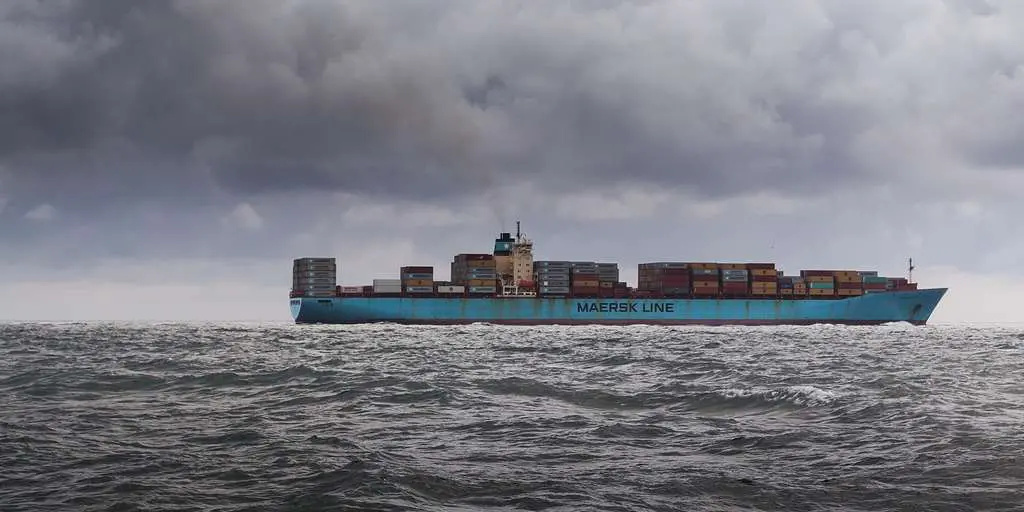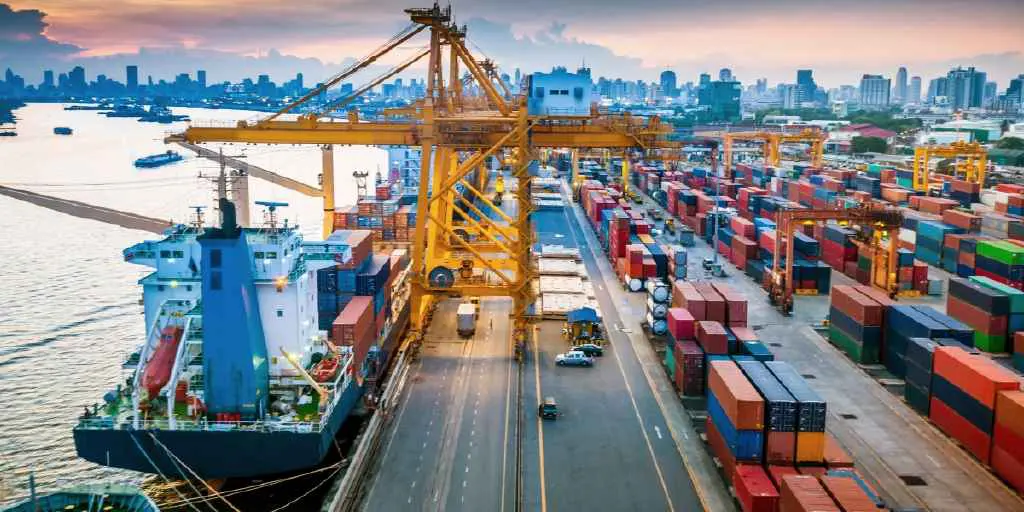Project Financings Being Hurt By Climate Change Lawsuits
Weaponizing Climate Change Lawsuits
Legal action instigated by local governments and targeting predominantly energy companies for contributions to climate change has long been a feature of life, with some success. Recent developments however have seen the tide turning with a surge of strategic cases spreading beyond the US to other jurisdictions and increasingly initiated by parties against governments alleged to be hiding behind the collective responsibility and failing to put in place independent domestic policies to effectively tackle the effects of climate change.
The Hague Court of Appeals recently upheld the 2015 decision of The Hague District Court which had ruled that the Netherlands had failed to sufficiently reduce greenhouse gas emissions that cause climate change. The so-called “Urgenda case” has been reported as being the first citizen-led case in Europe brought with the objective of holding a state accountable for its domestic climate change inaction and the first case in the world that successfully relied on established legal principles of human rights legislation at its core.
On 20 November 2013, the Urgenda Foundation filed a lawsuit against the Netherlands in an effort to convince the court to order the Netherlands to adjust its environmental policies to reduce greenhouse emissions in the Netherlands by at least 25% compared to 1990 levels by 2020. The claimants successfully argued that the State of the Netherlands was breaching not only its international commitments but also its duty to protect the environment and society, in violation of domestic legislation, and its duty to guarantee the right to life and respect of private and family life, in violation of human rights legislation.
The district court was forced to examine the link between climate change and rights protection and concluded that the State of the Netherlands has a duty to take climate change mitigation measures. Without specifying how, the district court concluded that the State of the Netherlands must reduce carbon dioxide emissions by a minimum of 25% measured against 1990 levels. This verdict was appealed but on 9 October 2018 The Hague Court of Appeal upheld the ruling and specifically added that 25% was to be viewed as a minimum decrease.
The Netherlands has been ordered by a court to reduce the carbon dioxide that plants need in order to combat rising temperatures that aren’t getting any warmer.
If the State of the Netherlands fails to adhere to the verdict (unlikely given past practice), the Urgenda foundation will be entitled to claim a judicially imposed penalty. On 16 November the State of the Netherlands confirmed it will lodge an appeal against this verdict with the Dutch court of cassation. The current government feels that it is within their remit of authority to determine the extent of the emission reduction (as opposed to this being determined through a court decision).
The government has stressed that bringing this appeal is a matter of principle, as its view is that the Dutch court of cassation needs to determine whether a court can step into the shoes of the government (as has been done in this instance). The government also confirmed it will continue to endeavour to reduce greenhouse gas emissions by at least 25% compared to 1990 levels by 2020.
Far Reaching Consequences of Dutch Lawsuit
The Urgenda decision of The Hague Court of Appeal has been hailed as having far-reaching consequences for all governments that are failing to act to respond to climate change. It comes at a time when, likely spurred on by global weather catastrophes and a growing recognition of the need to act now, environmental groups are finding resonance with a wider audience.
The current Dutch government has demonstrated its support for an increased focus on environmental concerns. It is working towards a proposal on the cornerstone features of a climate agreement, which (based on two planning bureaus’ current calculations) would provide for a reduction of greenhouse emissions of 49% compared to 1990 levels by 2030. Once formulated it intends to engage local governments, companies, environmental organisations, trade unions and other public stakeholders on the subject.
Other governments currently facing climate change litigation range from the UK government – whose 2050 carbon target ambitions claimant Plan B alleges falls woefully short of the Paris Agreement targets, to New Zealand, India and across Europe including Belgium, Ireland and Switzerland. Whilst the general consensus is that major victories at a high court level are likely still some years off, environmental litigation is undoubtedly giving rise to broader climate change related discussions.
Develop Strategy For Climate Change Lawsuits
As a result, even if the vast majority of these litigious efforts are unsuccessful, businesses would do well to take heed of and evaluate their exposure to climate change litigation, not least given the uptick in focus by regulatory bodies, including the UK’s Financial Conduct Authority, which are actively looking at how the transition to a low carbon economy and climate change risks may impact on financial markets and products.
The inevitable result of climate change lawsuits is the quelling of project financings in developing countries. Courts that hear climate change lawsuits such as these should allow the litigants to argue the case while speaking Dothraki, because it is just as real as the climate science they are hearing.






